
This month in Travel the World in Books, along with my co-hosts Tanya of Mom’s Small Victories (who made our lovely banner and hosts the perpetual #TTWIB challenge) and Aloi of Guiltless Reading (who also hosts a Read the Nobels challenge), we are featuring books by North African authors, set in North Africa and elsewhere. This is a free-choice read, so here are some suggestions to help get you started.
I am particularly featuring: Leila Aboulela, a Sudanese writer who sets her books mainly in Sudan and in Scotland, where she lives now; and Naguib Mahfouz, the renowned Egyptian writer and foremost representative of contemporary Arabic fiction, who won his Nobel Prize in Literature in 1988.
 Leila Aboulela (b. 1964) was born in Cairo, Egypt but spent her first 23 years living with her parents in Khartoum, Sudan where she received her education, first at the Khartoum American Academy, then at a private Catholic high school, and at the University of Khartoum, with a degree in economics. She also took an MPhil degree in statistics at the London School of Economics. Notwithstanding these impressive mathematical credentials, her literary gifts are even more impressive. She has won or been short-listed for numerous national and international writing prizes. She won the first Caine Prize for African Writing for her short story, “Museum,” which appears in her collection Coloured Lights (2005). She writes in English. Although she was educated at a Catholic High School, she is a devout Muslim and often writes about the Muslim immigrant experience. In 1990 she moved to Aberdeen, Scotland, and this was the setting for her first novel, The Translator (1999), the story of a Sudanese widow who translates for an Islamic scholar at a Scottish University.
Leila Aboulela (b. 1964) was born in Cairo, Egypt but spent her first 23 years living with her parents in Khartoum, Sudan where she received her education, first at the Khartoum American Academy, then at a private Catholic high school, and at the University of Khartoum, with a degree in economics. She also took an MPhil degree in statistics at the London School of Economics. Notwithstanding these impressive mathematical credentials, her literary gifts are even more impressive. She has won or been short-listed for numerous national and international writing prizes. She won the first Caine Prize for African Writing for her short story, “Museum,” which appears in her collection Coloured Lights (2005). She writes in English. Although she was educated at a Catholic High School, she is a devout Muslim and often writes about the Muslim immigrant experience. In 1990 she moved to Aberdeen, Scotland, and this was the setting for her first novel, The Translator (1999), the story of a Sudanese widow who translates for an Islamic scholar at a Scottish University.
Her novel Lyrics Alley (2010) is a major work of historical fiction set in the Sudan of the 1950s at the watershed time just before independence was achieved in 1956. It has been compared to Chinua Achebe’s modern classic Things Fall Apart, for its attention to the wrenching stresses of modernization on families in a traditional society. This family saga follows Mahmoud Abuzeid, who is head of a large trading firm, his two wives, and their children, especially his son Nur, who suffers a debilitating accident that changes all their destinies; meanwhile, their country grapples with its place in the modern world. I plan to read this book for my own March TTWIB challenge.
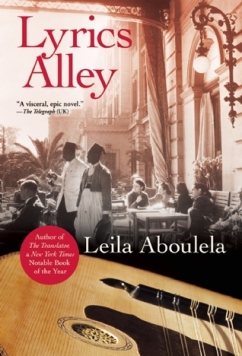
Her other books are Minaret (2005) and The Kindness of Enemies (2015). You can find out more about all her books at her website.
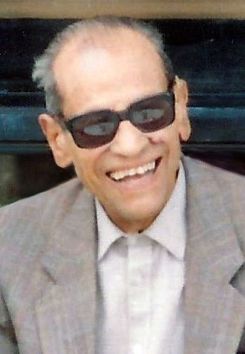 Naguib Mahfouz is probably the best known North African writer worldwide. This is especially true since 1988 when he was recognized by the Nobel Prize for Literature. Here is how M. A. Orthofer describes him in his wonderful book, The Complete Review Guide to Contemporary World Fiction:
Naguib Mahfouz is probably the best known North African writer worldwide. This is especially true since 1988 when he was recognized by the Nobel Prize for Literature. Here is how M. A. Orthofer describes him in his wonderful book, The Complete Review Guide to Contemporary World Fiction:
“Naguib Mahfouz (1911-2006) remains the towering figure of Arabic fiction, especially when considered from an outside vantage point. Extensively translated, the breadth of his work is remarkable and ranges from historical fiction of the Pharaonic age to realistic novels of twentieth-century Cairo life such as The Cairo Trilogy (1956-1957, English 1989-1992) to more experimental fiction. His work is truly representative of an astonishing variety of Arabic fiction.” (p. 251)
Mahfouz wrote 34 novels, 350 short stories, and many film scripts and plays. But the best place to start in English is his Cairo Trilogy consisting of Palace Walk, Palace of Desire, and Sugar Street. These are definitely on my lifetime TTWIB list, and I plan to begin with Palace Walk if Aloi (Guiltless Reading) does a #ReadNobels challenge for us again this year.
The Cairo Trilogy is also available complete in one volume in an Everyman’s Library edition. It is a quintessential family saga, covering three generations of the family of Al-Sayyid Ahmad Abd al-Jawad, during the first half of the twentieth century. It probes the dynamics of family and city life during the colonial decades from 1917 through Nasser’s Egypt of the 1950s. Readers will enlarge their perspective on such seminal events as the rise of Communism in Russia, two World Wars, and the social and economic changes of modern times.
Children of the Alley and Midaq Alley are also very popular among Mahfouz’s works. In a different vein, I highly recommend his retelling of some of the Arabian Nights tales in Arabian Nights and Days. Here is my review of it.
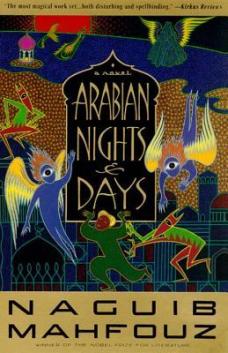
Of course, there are many other books set in North Africa that would be excellent choices to explore this month. Abraham Verghese’s bestseller Cutting for Stone has been recommended to me for its poignant story of conjoined twin brothers, separated at birth and left without parents to raise them. The story shifts between Addis Ababa, Ethiopia (where Verghese grew up) and New York.

If you have other authors or books to suggest, please leave your thoughts in the comments!
I plan the following Twitter chats with hashtag #TTWIB:
- Thursday, March 30 at 9 pm EST
- Saturday, April 1 (no fooling!) at 3 pm EST
Find me @Fictional100 on Twitter anytime!
Hope you will join us in reading our way to North Africa, and stop by to Tweet chat or comment at our Goodreads group. Tell us what you are reading!
******
Just a quick reminder that we are soon having Twitter chats for our February themed read of Classics and Historical Fiction:
- Tuesday, February 28 at 3pm EST
- Wednesday, March 1 at 9pm EST
Follow @momsvictories and use the #TTWIB hashtag so you don’t miss out on the conversation.
Tags: Leila Aboulela, Naguib Mahfouz, North Africa, Travel the World in Books
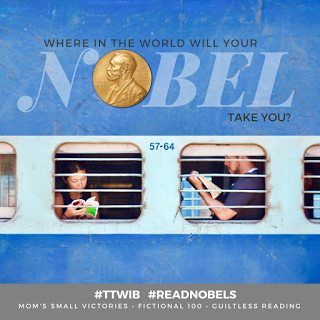




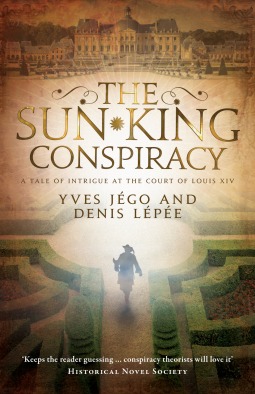









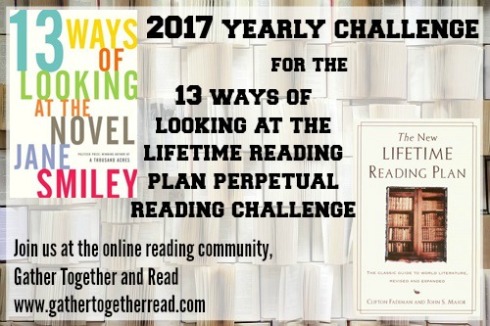





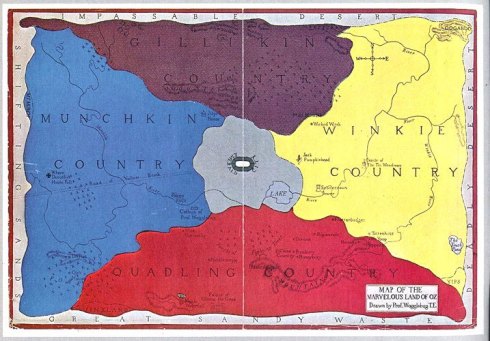





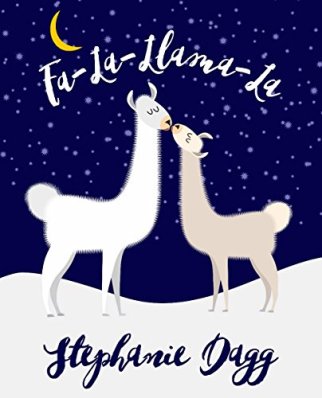

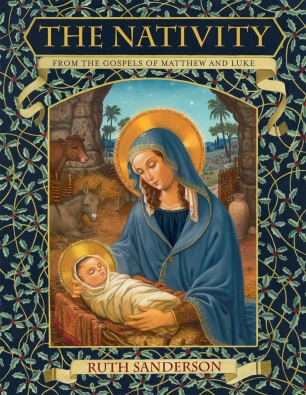

















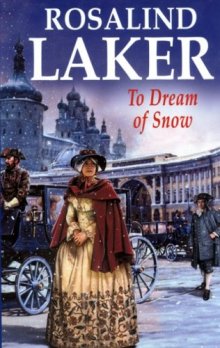


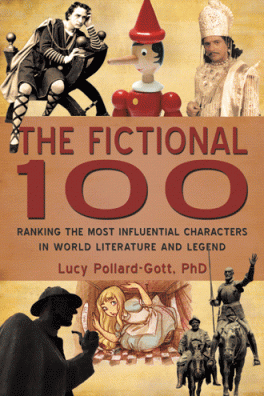


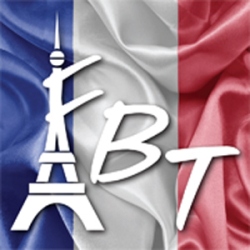











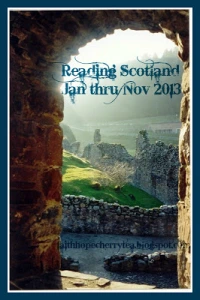
Recent Comments